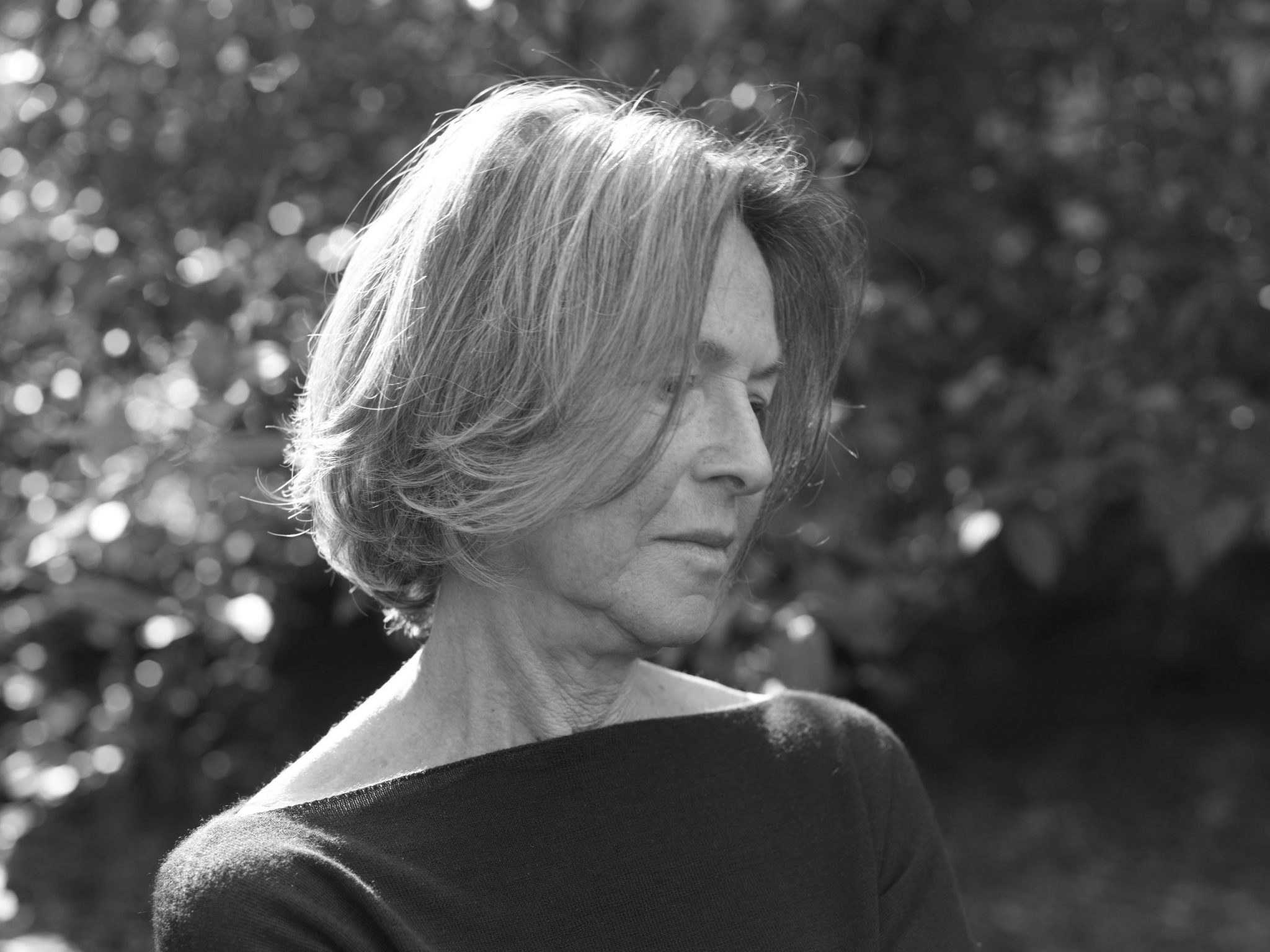The Nobel Prize–winning poet made the most of poetry as a form of private communication
Poetry has an obsessive, close relationship to death, and writing poems is in some ways a practice of dying well. Over the years, Louise Glück’s poems, which so often consider the intractability of death, have become for me – as for so many others – an essential voice patterned inside my head, a guide of sorts: ‘I wake up thinking / you have to prepare. / Soon the spirit will give up – / all the chairs in the world won’t help you’ (‘Averno’). Now Glück has died aged 80, her spirit has passed into that great mystery of which poets – like everyone else – know nothing.
Among her contemporaries, Glück was perhaps best prepared for this event, at least in her poems and in her achievements. During a life spent in dedicated service to poetry and its promises, she wrote 12 poetry collections, two essay collections and a novel. For these – including The Triumph of Achilles (1985), The Wild Iris (1992), Meadowlands (1996), Averno (2006)and Winter Recipes From the Collective (2021) – she received nearly every prize and accolade going, including the Pulitzer and more recently the Nobel.
Glück was born in 1943 in New York. During a period of life-threatening anorexia in her teenage years, she began seven years of intense psychoanalysis that would have a profound impact on her poems. Travelling deep into the interior, she examined its images, its figures, voices and traces with precision in spare, surprising lines. A caustic, dark humour accompanied and leavened this acute reflectivity (‘My sister and I reached / the same conclusion / The best way to love us was to not / spend time with us’, she writes in ‘Animals’). Her distinctive voice and intensely scenographic poems make the most of poetry as a form of private communication, placing the reader in spaces of deep intimacy to bear witness to the thoughts, dreams, feelings and events of speakers whose dramatic monologues and private conversations reflect on the great universal themes of human life: mortality, loss, love, family. Her poems are also painterly, with constant delicate attention paid in particular to light, darkness and weather. One of her last books, Faithful and Virtuous Night (2014), moved away from an apparently personal ‘I’ towards a shifting set of characters, the main protagonist of which is a landscape painter. Moving away, or towards?
With its journeys and its pilgrimages, its beautiful excursions into uncertainty and circular meditations, Faithful and Virtuous Night is my favourite poetry book. I don’t usually read poems for comfort, but I’ve read and re-read Glück for the difficult comfort that maybe psychoanalysis can also bring, a recognition of suffering and complexity – that we’re together in our aloneness and unknowing – and I don’t think I’m alone in that. ‘These were the moments I lived for’, reflects the painter in ‘Midnight’, ‘I was, I felt, mysteriously lifted above the world / so that action was at last impossible / which made thought not only possible but limitless.’
Glück often spoke about periods of not-writing, and the accompanying despair that this brought. But things were always happening under the surface and emerged in flurries of activity, like when after only reading flower catalogues for two years she wrote The Wild Iris in eight weeks. During one of these early periods of drought, she moved to Vermont to start teaching which, to her surprise, became a source of inspiration and joy for her. Like her own mentor Stanley Kunitz, who fostered a generation of American poets such as Lucie Brock-Broido and Marie Howe as well as Glück, she leaves behind students, readers and generations of poets including Claudia Rankine, Elisa Gonzalez and Max Ritvo. Like Kunitz, she judged the influential Yale Series of Younger Poets with a deep dedication to finding the best, often hidden work. Her impact on contemporary poetry is immense – who could ever quantify such a thing, the hours spent with her books across continents, inside her nights and snows.
Like many of us, she hated poetry readings, and stopped doing them as soon as she could afford to. I love that about her. She was a true page poet, best read at night, alone. She disliked the idea of being a popular poet – with a fierce brittleness she feared the stultifying effects of praise on her poems.
Many poets are ashamed to admit that they want to be recognised beyond death. Glück didn’t want to be popular, but she candidly craved immortality – her poems often drew sustenance from classical myth, which has its own lineage of endurance. She would have been well aware that at this hour her more elegiac poems would become all about living, as in her beautiful adaptation of Constantine P. Cavafy’s ‘Crossroads’.
If writers and readers of contemporary poetry are a caravan of pilgrims travelling across a mysterious desert, Glück’s passing means that, as in ‘Afterword’, we have now entered into a kind of ‘artificial mist of the sort / sprayed onto stages to allow for difficult set changes’. We can see no further ahead. What wouldn’t we give to read a new poem by her now, reporting from behind the veil? But I suppose I’m trying to say that she already is. She knew – ensured – that the poetic voice, that mysterious guide we have met in her poems, will stay with us on our journeys. ‘Afterword’ ends:
Shall I be raised from death, the spirit asks.
And the sun says yes.
And the desert answers
your voice is sand scattered in wind.
Lucy Mercer’s first collection Emblem (Prototype, 2022) was a Poetry Book Society Choice. She is a Postdoctoral Research Fellow at the University of Exeter.
